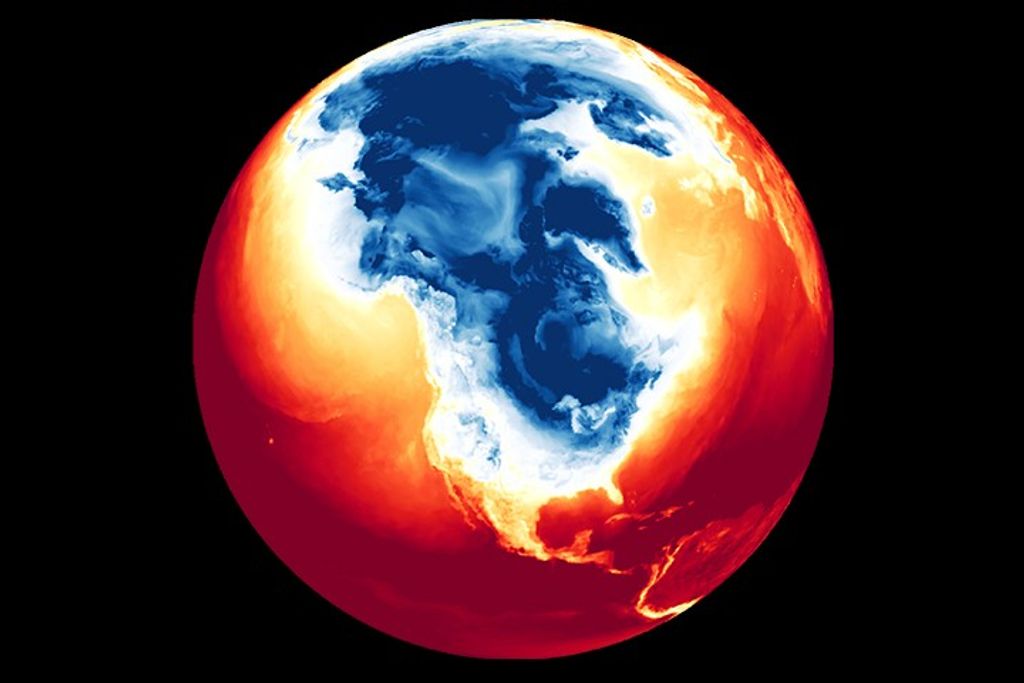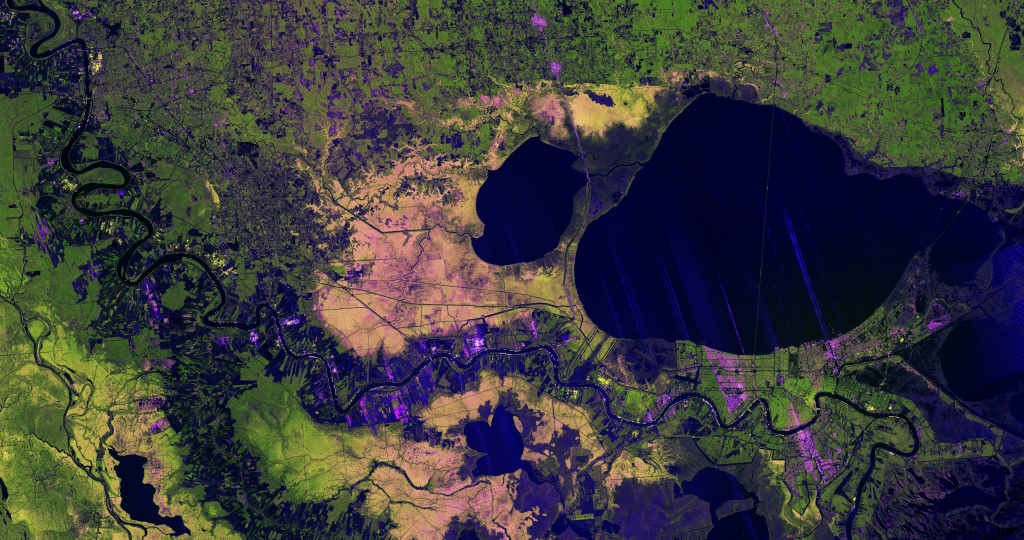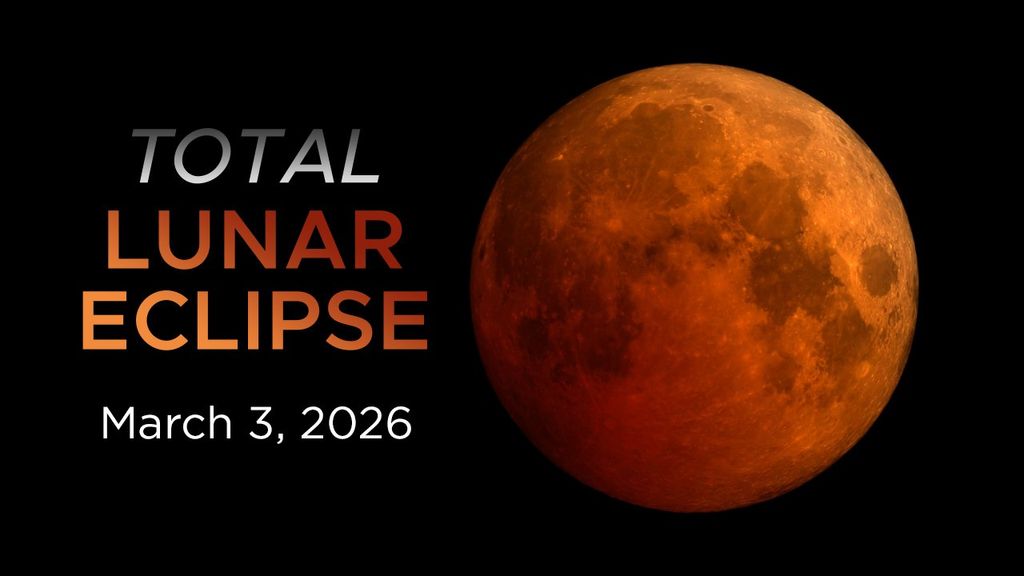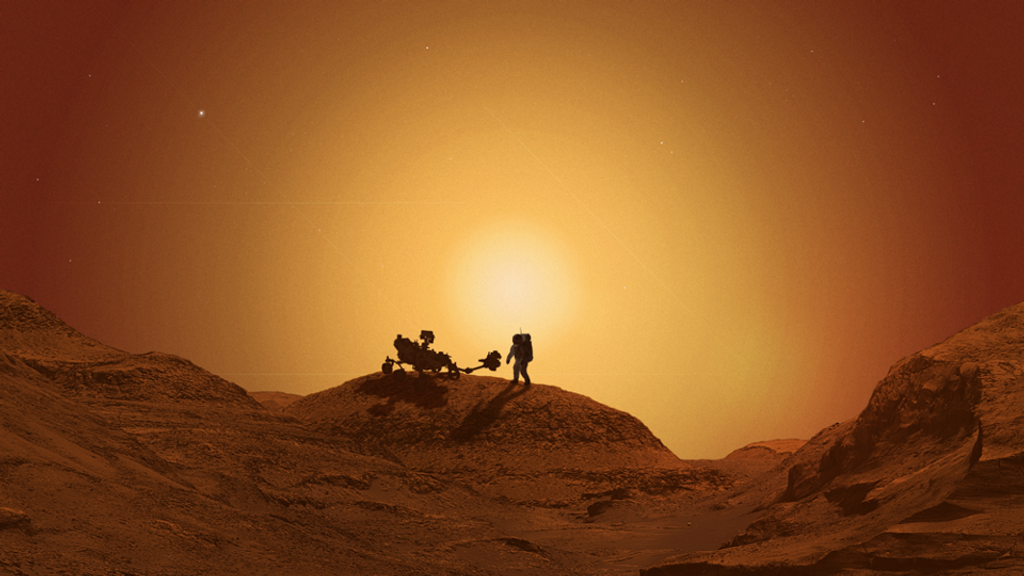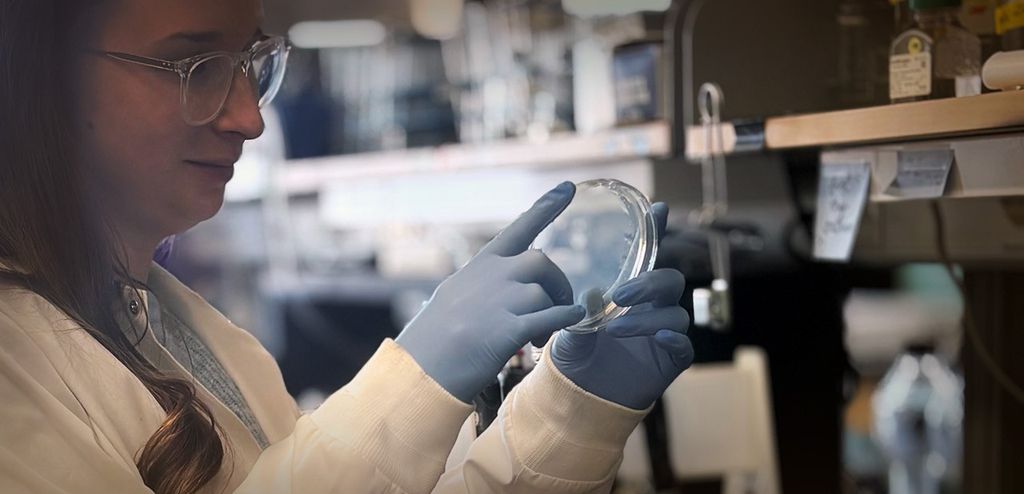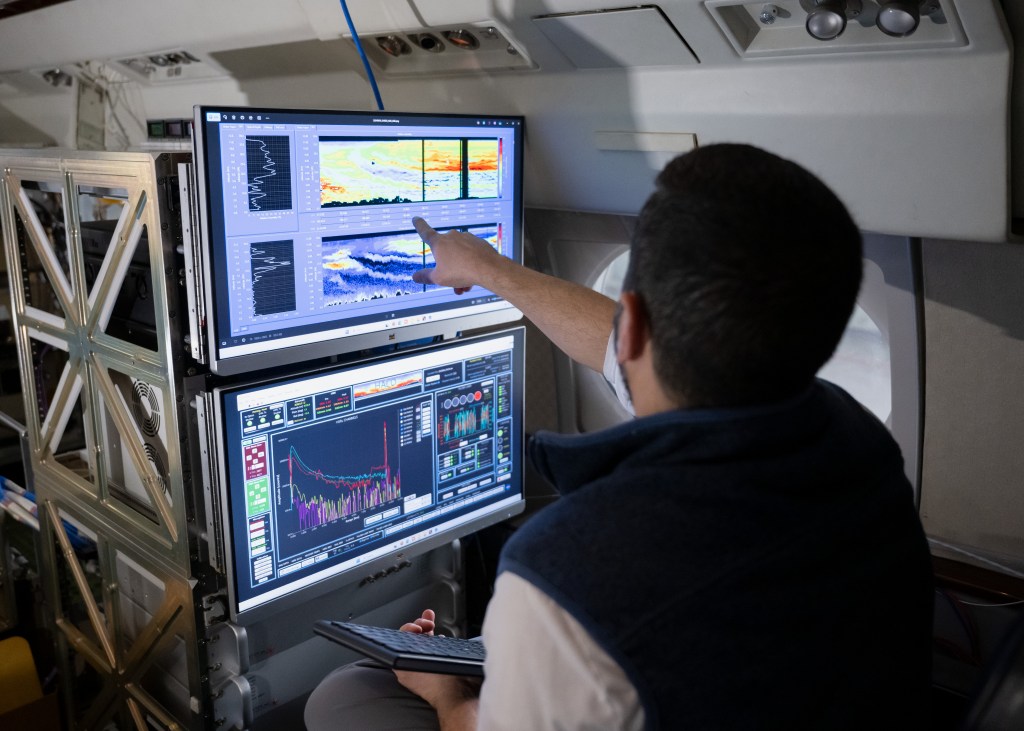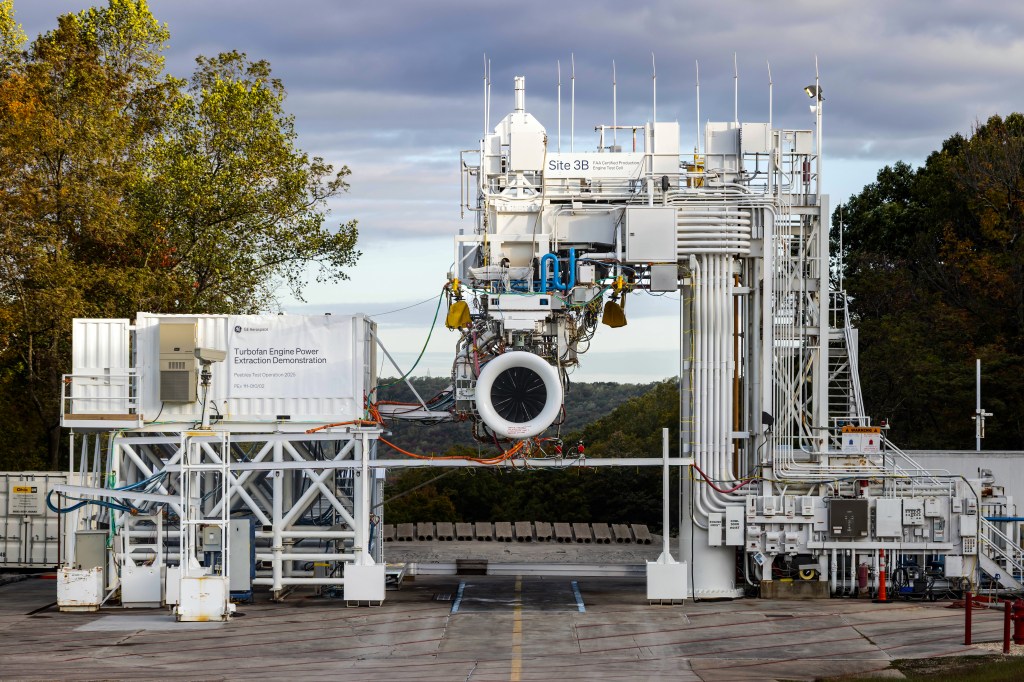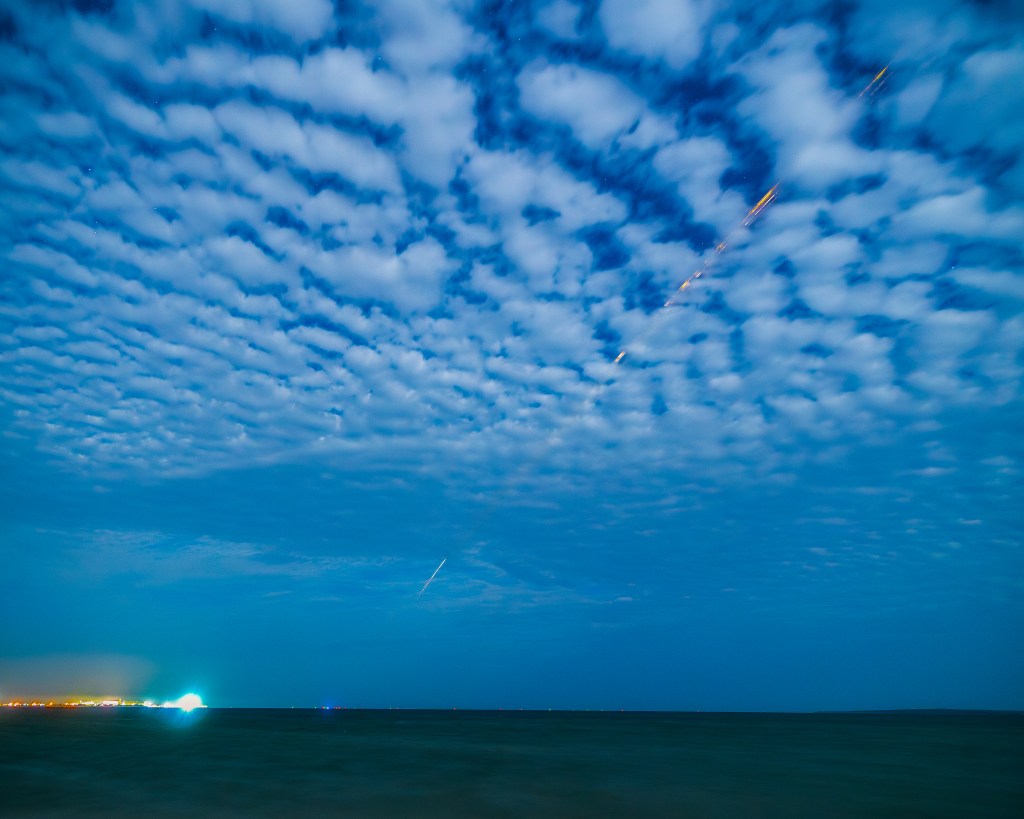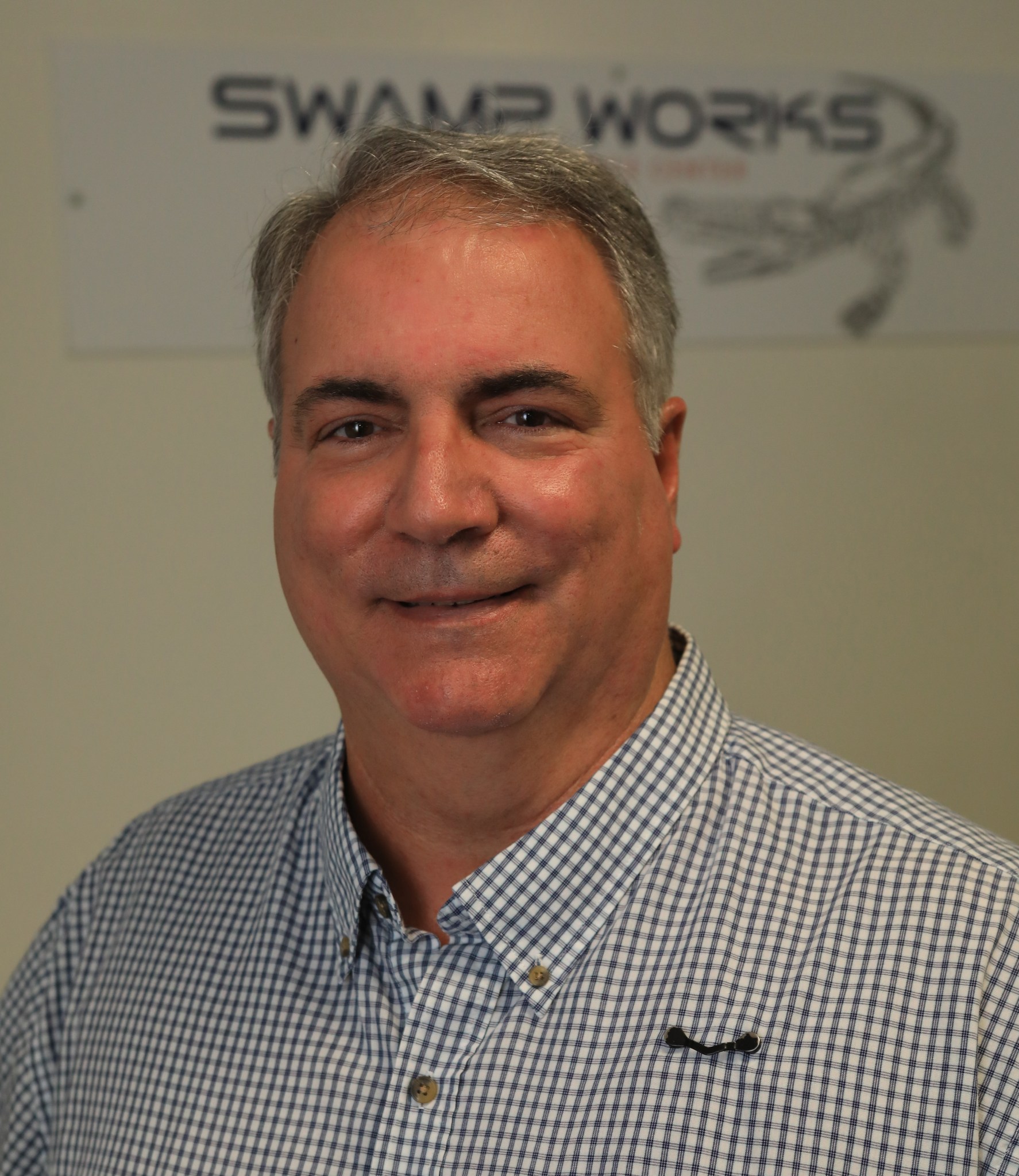Please explain your job in a single sentence.
I am a Ph.D. physicist who performs research into the electrostatics and electrodynamics of extraterrestrial regoliths.
What do you find most exciting about your job as a lab manager and researcher for NASA’s Kennedy Space Center’s Electrostatics and Surface Physics Laboratory (ESPL)?
I like to develop new things and new knowledge to support America’s space program. Besides, it is fun.
What is a typical day like for you?
A typical day entails ensuring lab safety in the pursuit of our various research projects, ensuring the calibration and availability of lab equipment. I also am a principle investigator or a co-investigator for various projects in the ESPL and I do research and development in support of these projects. Additionally, I develop proposals for new work.
Was your first month at NASA anything like your current work?
I was like a deer in the headlights my first month here as an intern, or co-op student, as they were called then. Working for NASA was a dream job that I was blessed to strive for and earn. I knew that I wanted to do science, and through the years here at Kennedy I have worn many hats but always came back to science. Now that I have my Ph.D. in physics and am working research and development to further our mission of exploration and discovery, I am still quite awed.
What is your educational background and why did you choose to study those areas?
I have a Master of Science in space systems from the Florida Institute of Technology and a Ph.D. in physics from the University of Central Florida. I have always enjoyed science and working for NASA. I can say that I have a job that I love to do.
How do the era and place in which you grew up shape how you approach your work?
I grew up in rural Mississippi and my interest in science made me a rather odd person in my high school class. Science fiction and the Moon landings had always helped fuel my desire to become a part of the space program. I saw from my upbringing that only hard work, preceded by and in parallel with even harder thinking, would bring results.
What motivated you to want to work for NASA?
My love of science and space exploration.
Why does conducting research and developing new technology matter to you?
Research and development is what creates new knowledge, products, and processes, which help make human life better.
What is the most challenging problem you have overcome or are currently working on at NASA?
The most difficult problem I had was getting the necessary education to do the job I wanted to do. Fortunately, the NASA graduate fellowship program helped greatly in that respect.
How do you think your NASA research or the agency as a whole benefits people on Earth?
My research is into the electrostatics and electrodynamics of extraterrestrial regolith, ground support equipment, and flight hardware. This body of work will help make it safer for people to access space.
Do you have any advice for people about trying to foster innovation in their workplaces?
Seek ways to do things better. Learn to think “outside the box.”


